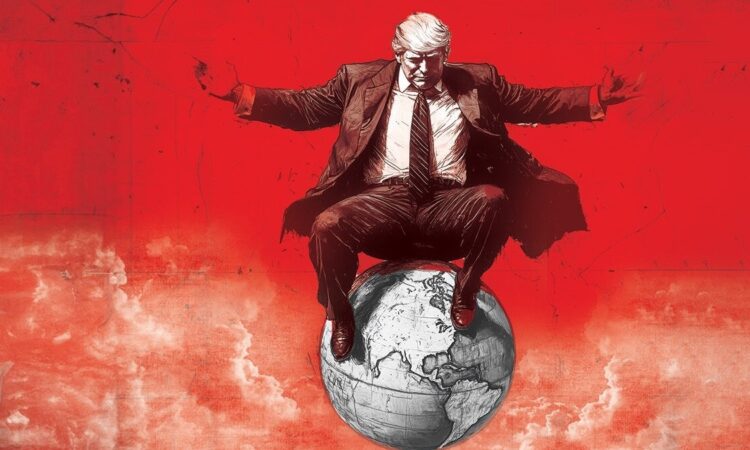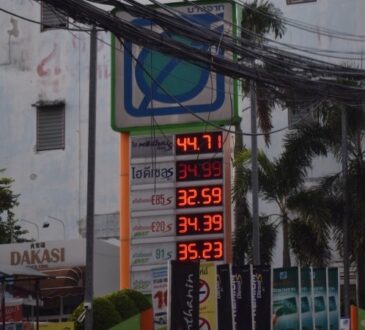
Billionaire investor Ray Dalio has warned that fresh U.S. sanctions on Russian oil giants could destabilize global markets, weaken the dollar, and boost gold, underscoring how economic warfare can reshape monetary power.
In a post on X, Dalio wrote, “Sanctions reduce the demand for fiat currencies and debts denominated in them and support gold,” referencing historical cases where financial penalties triggered broader currency shifts. His remarks come days after the U.S. imposed new sanctions on Rosneft and Lukoil in response to Russia’s war in Ukraine.
The move sent oil prices higher earlier this week, though they pulled back Friday, with Brent crude slipping 36 cents to $65.63 and WTI down 33 cents to $61.43.
Dalio compared modern sanctions to economic warfare preceding traditional conflict. “Throughout history, before and during shooting wars, there have been financial and economic wars that we now call sanctions,” he noted. He warned that such actions, especially involving reserve currencies, can harm not just the target but also the issuer’s financial standing.
Gold, a traditional hedge against currency volatility, was down 0.2% to $4,118.68 per ounce Friday morning, on track for its first weekly drop in 10 weeks. December futures also dipped 0.3% to $4,133.40, pressured by a stronger dollar and market positioning ahead of potential Fed rate cuts.
“The holding and price of gold rise,” Dalio added, “as it is a non-fiat currency that remains securely held and universally accepted.”
The dollar index rose for the third straight session to 99, reflecting investor appetite for safety amid geopolitical risks, including renewed trade tensions with China.
Dalio’s comments add to growing concerns that aggressive financial sanctions, while punishing for adversaries, can trigger long-term shifts in global reserve preferences—driving interest toward hard assets like gold.




